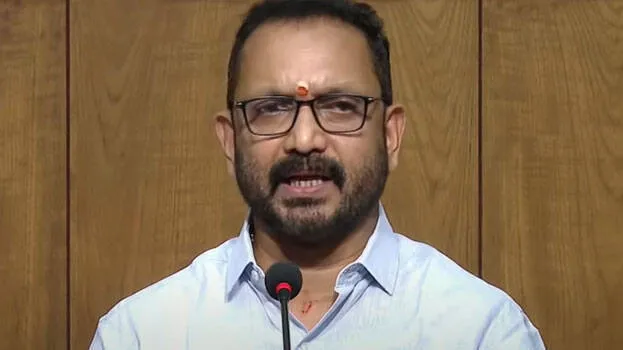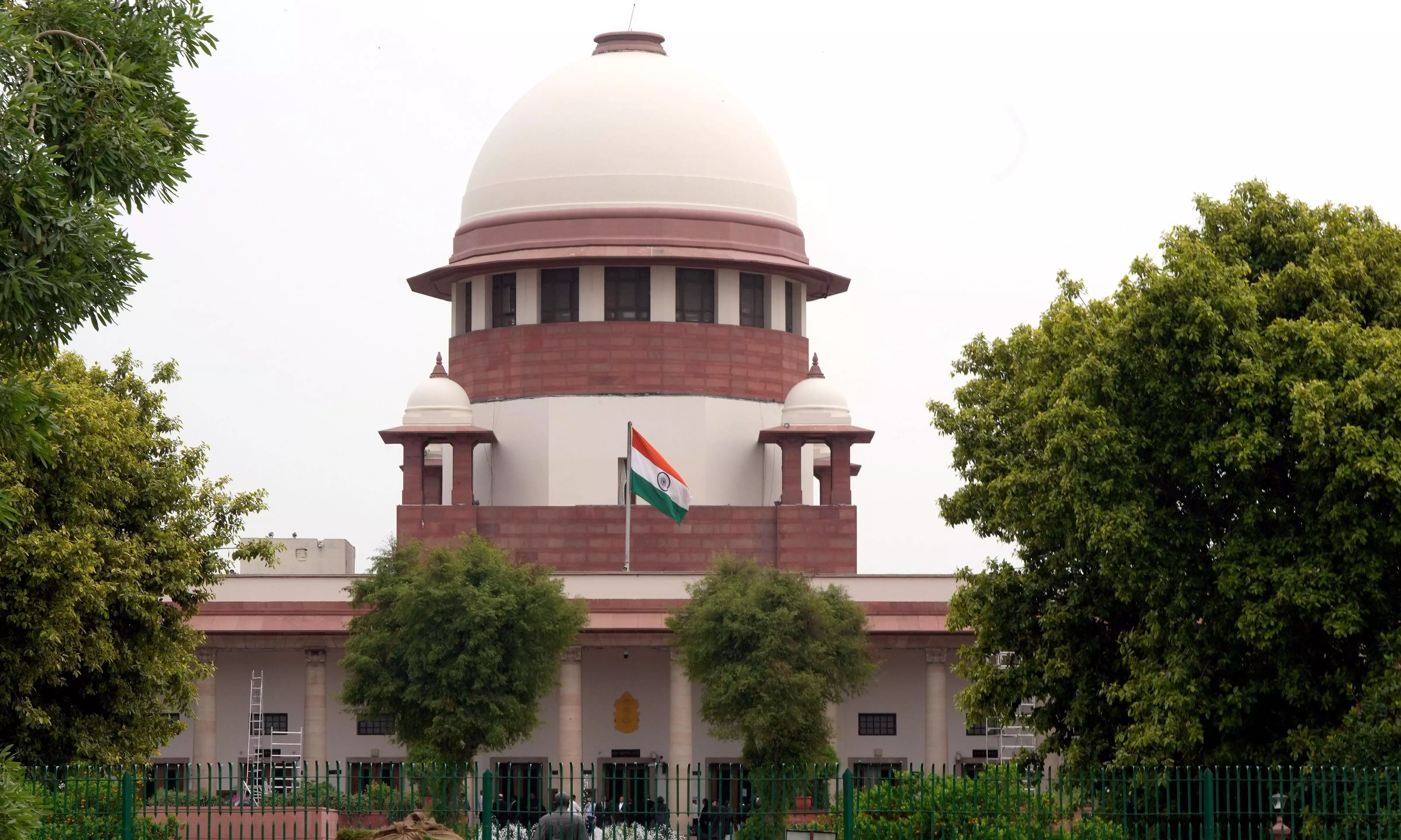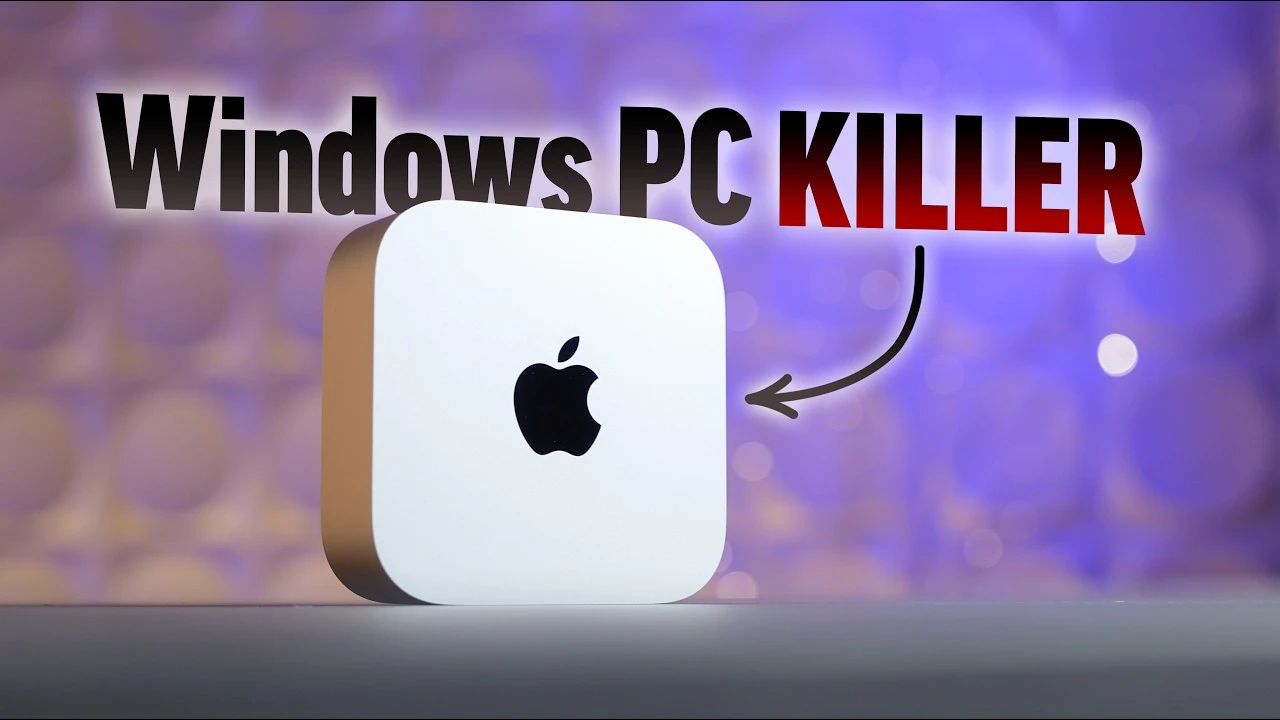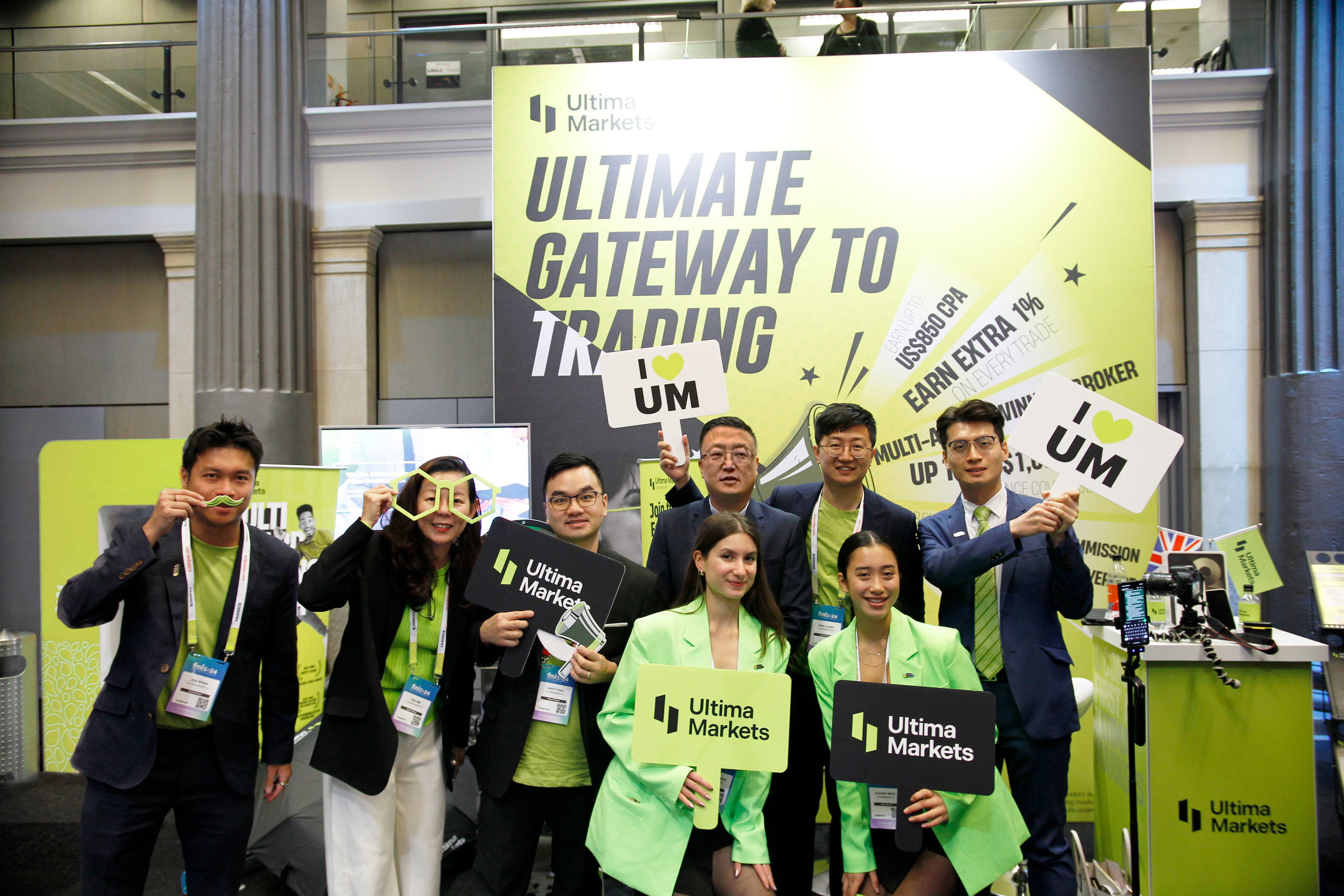
This is not so much an opinion column. Just a dispatch from late 2024. Dateline, Fraudland.
This week we got pretty excited by a chance to buy quite a bit of stuff – a truck, a trailer, a couple of generators, maybe a couch, even a hot tub – from a friend of Angie's, at really good prices. The story was that her dad in Manhattan wasn't doing well, and they needed to sell all this stuff pretty quickly. She had photos of all of it on Facebook.
The "friend" who was selling the stuff, though, immediately asked for a deposit, and asked a couple more times when we could send the money, and how, and so on. Angie's lie detector went off, so she asked what the name of their favourite song was back in middle school. Her "friend," presumably by this point an associate of Vladimir Putin, couldn't answer.
It was all fraudulent. Her friend's Facebook account had been hacked. Pretty sophisticated scam, and it nearly worked.
We almost fell for another one a few months ago, when there was a screaming deal on some furniture that we'd been looking for. Same thing, though – we couldn't get the deal or even look at the stuff unless we paid in advance. We backed away, and it turned out to be all a fake.
As soon as we called them on it, the listing disappeared. A friend was scammed out of thousands of dollars because he got calls from "Paypal" about arranging for a refund on a purchase. He gave the scammers his bank account info, because they had a lot of information about him and so they seemed legit.
An employee at The Mercury got scammed out of more than US$1,000 (RM4,467) because somebody pretending to be me asked her in an email to go get Target gift cards, supposedly for a surprise party at the office. That's the second time that scam has worked on somebody. These are intelligent people we're talking about who are victimised.
You could detect the fraud if you looked hard – my email address and title weren't quite right, and the scammer capitalised some things I would never capitalise. IYKYK. Not me.
But the fraudsters are getting better. I have no great advice to offer, other than that if a deal seems too good to be true, then it is. And if anybody asks you up-front for your bank account information, hang up.
If you have to pay to even see the item, click "delete." What's real, and what's fake? Getting increasingly hard to tell. – The Manhattan Mercury, Kan.
/Tribune News Service.













